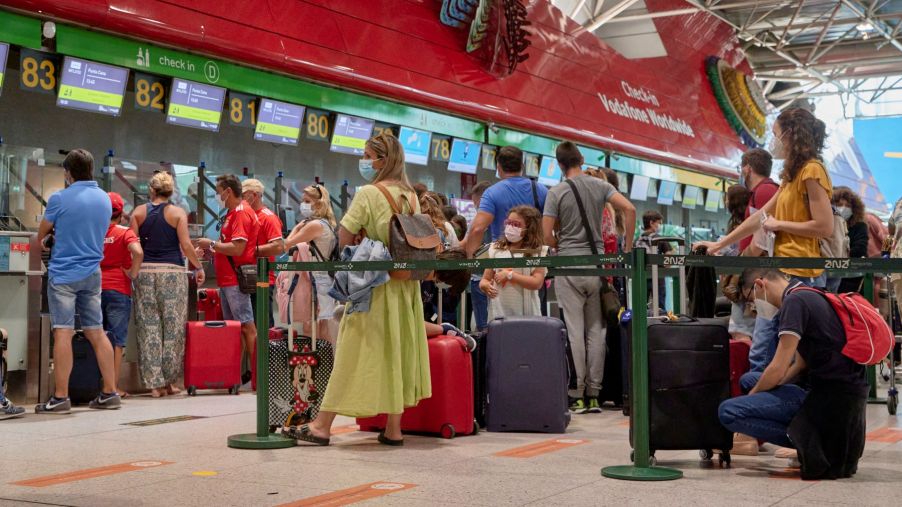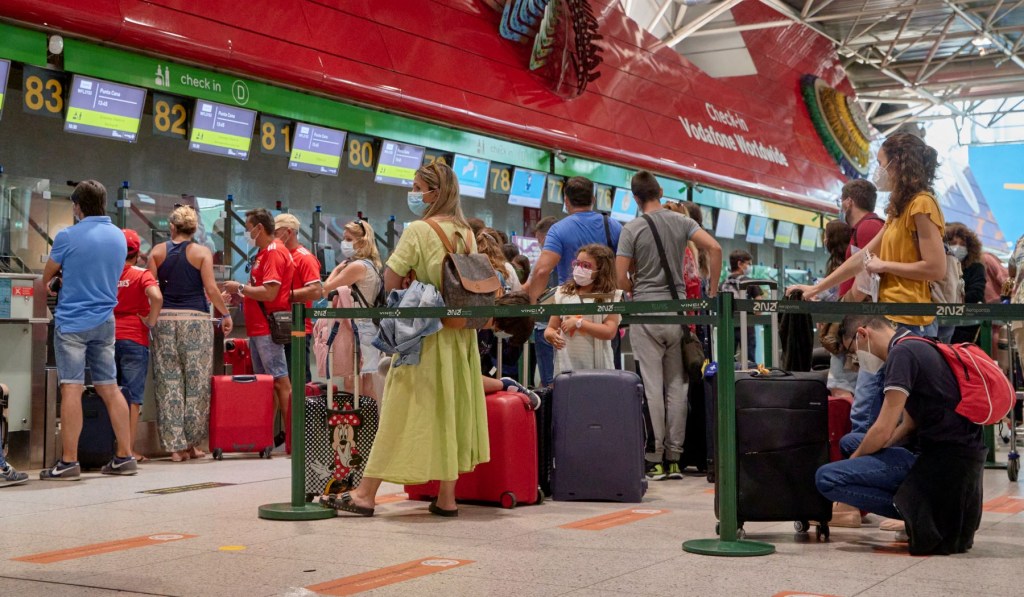
Airline Delays and Prices Expected to Soar (in a Bad Way) Due to Climate Change
The coronavirus (COVID-19) spread still has a firm grip on the nation, with no signs of letting go anytime soon. As travelers attempt to return to normal, the airline industry struggles to get back to a pre-pandemic world, getting grounded airplanes back in the air. Furthermore, now the travel industry will have to prepare and deal with climate change effects.
For the past 18 months, the coronavirus has disrupted all forms of transportation. Motorcycles, cars, airplanes, and trains are not exempt from ongoing issues. Labor shortages, unexpected disruptions in operations, and accidents are significant problems airline carriers face. Now, unprecedented weather conditions are also becoming a serious concern, as prices for domestic travel continue to soar. As delays become more common, climate change will likely further affect the transportation industry in the future.
How climate change will affect traveling

Unlike any other time in history, travel came to a standstill in 2020. Airlines are now working tirelessly to adjust to a new normal, but poor weather conditions add to the challenge. Excessive heat, violent thunderstorms, and an increase in strong winds are wreaking havoc on an already volatile industry. Unstable weather patterns are raising concerns about how climate change will affect future travel. As temperatures continue to rise around the globe, airlines are trying to adjust to the changing demands brought on by climate change.
Time reported, “the effects of climate change might make air travel more challenging – both in terms of industry economics and the travel experience – in the coming decades.” Elsewhere, from JSTOR, the Carbon & Climate Law Review claims delays will become more frequent with increased precipitation. Extreme heat can damage runways and lead to flight cancellations. Storm surges can destroy the infrastructure at more than 25 percent of the airports in America. The study found “every sector of the air transport industry will be affected.”
The skyrocketing prices of air travel
Airport Technology reported the airline industry is at risk of becoming increasingly vulnerable to the “existential threat of climate change.” As airlines focus their attention on the coronavirus pandemic, the threat of global warming is getting pushed to the back burner. Airports will need to adapt to an increase in delayed and canceled flights due to changing weather patterns. Flights scheduled to depart at the hottest part of the day may have to start imposing weight restrictions in the coming years.
Jalopnik explained, “unprecedented weather has been the culprit of delays all year long as air travel recovers from its post-COVID slump.” Flights are being canceled more frequently than in the past due to wildfires, extreme heat, and rising sea levels.
With delays and cancellations on the rise and business and international travel at an all-time low, the cost of traveling by airplanes is skyrocketing. Compounding the problem is increased fuel prices and unexpected labor shortages that are causing major airlines to trim flight schedules across the country.
Alternatives for cross-country travel
As airline prices continue to soar due to climate change, travelers are wise to seek alternative options for cross-country travel. Driving is an obvious choice, but train travel is also worth considering. According to the New York Times, “The Bureau of Transportation Statistics found that Amtrak uses 27 percent less fuel than domestic flights per passenger-mile travel in 2017.” Not only is train travel “cheaper 80 percent of the time,” but The United States Department of Energy also determined “intercity trains get nearly 57 passenger miles per gallon versus cars at about 40.”
The transportation industry relies heavily on fossil fuels, so electric vehicles and train travel may bring necessary relief. The U.S. government is committed to an infrastructure plan that intends to expand the railway system and increase the use of electric vehicles, hopefully relieving the stress on a heavily burdened airline industry.


